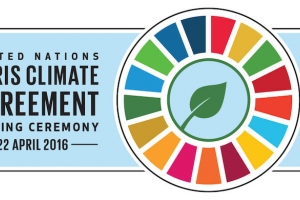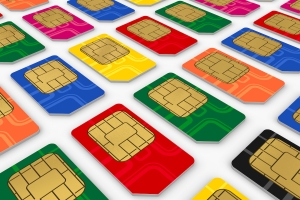Moonlighting in sharing economy at simple and transparent rate of 10%

The sharing economy or peer-to-peer economy is in full swing. Individuals provide continually more services to each other via apps and digital platforms, from car parts to takeaway meals to babysitting. Examples include Belgian sharing platforms such as MenuNextDoor, Flavr, Listminut and AirBsit. Our current fiscal and social model has not been adapted to the reality of this new economy. There was a great call for light and transparent regulation, which is now contained in the proposal by Deputy Prime Minister and Minister of Digital Agenda and Telecom, Alexander De Croo. The new regulation allows people to earn extra money, on a small-scale, and to try out entrepreneurship.
Minister of Digital Agenda and Telecom, Alexander De Croo, is pleased that the government has given the green light for this new regulation and put it to vote in Parliament before the summer. “The sharing economy is a reality and has enormous growth potential. In addition, it fulfils a consumer demand. This light and transparent regulation allows us to take a large quantity of activities out of the grey zone while they remain attractive enough. At the same time, it supports people who want to try out entrepreneurship. That is good business. Our country and our economy need innovation. That is and remains the driving force of growth and employment."
Persons who do not earn more than 5,000 Euros annually before taxes in the context of the sharing economy will be subject to a one-time withholding tax of 20% via the new regulation, after taking into account an expense allowance of 50%. In other words, someone who acquires 4,000 Euros annually before taxes in the context of the sharing economy will owe 400 Euros tax on this amount (being 20% of half of 4,000 Euros). Thus, the person in this example keeps 300 Euros extra on a monthly basis after taxes.
Transparent and simple
Furthermore, a transparent and simple system was selected that reduces the administrative obligations to a minimum. In this way, for example, the digital platforms themselves will have to withhold the withholding tax and provide it to the tax authority, together with the necessary tax information. Whoever remains under the 5,000 Euro threshold will also not have to be associated as an independent. That means that no social security contributions are due.
Persons who earn less than 5,000 Euros annually before taxes in the context of the sharing economy will also not have to register in the Kruispuntbank van Ondernemingen (KBO or Crossroads Bank for Enterprises). A VAT number will also not be required (and therefore, no VAT will have to be charged) and no client list will have to be maintained.
At a certain point, when continuing requests result in earnings starting to increase beyond the 5,000 Euro threshold, then it is important to take the next step in professionalization. At that point, the person will no longer fall under the scope of the beneficial regulation described above. The next step in professionalization is that the person becomes an independent in the secondary profession or even an independent in the primary profession.
Leading in Europe
This decision launches Belgium as one of the pioneers of the peer-to-peer economy in Europe. Until now, the United Kingdom was leading in stimulating the sharing economy. For example, last month, the British Minister of Finance introduced a tax exemption up to 2,500 Euros for income from the sharing economy. Belgium now goes one step further.
Belgian Federal Parliament will vote on the proposal before the summer.


